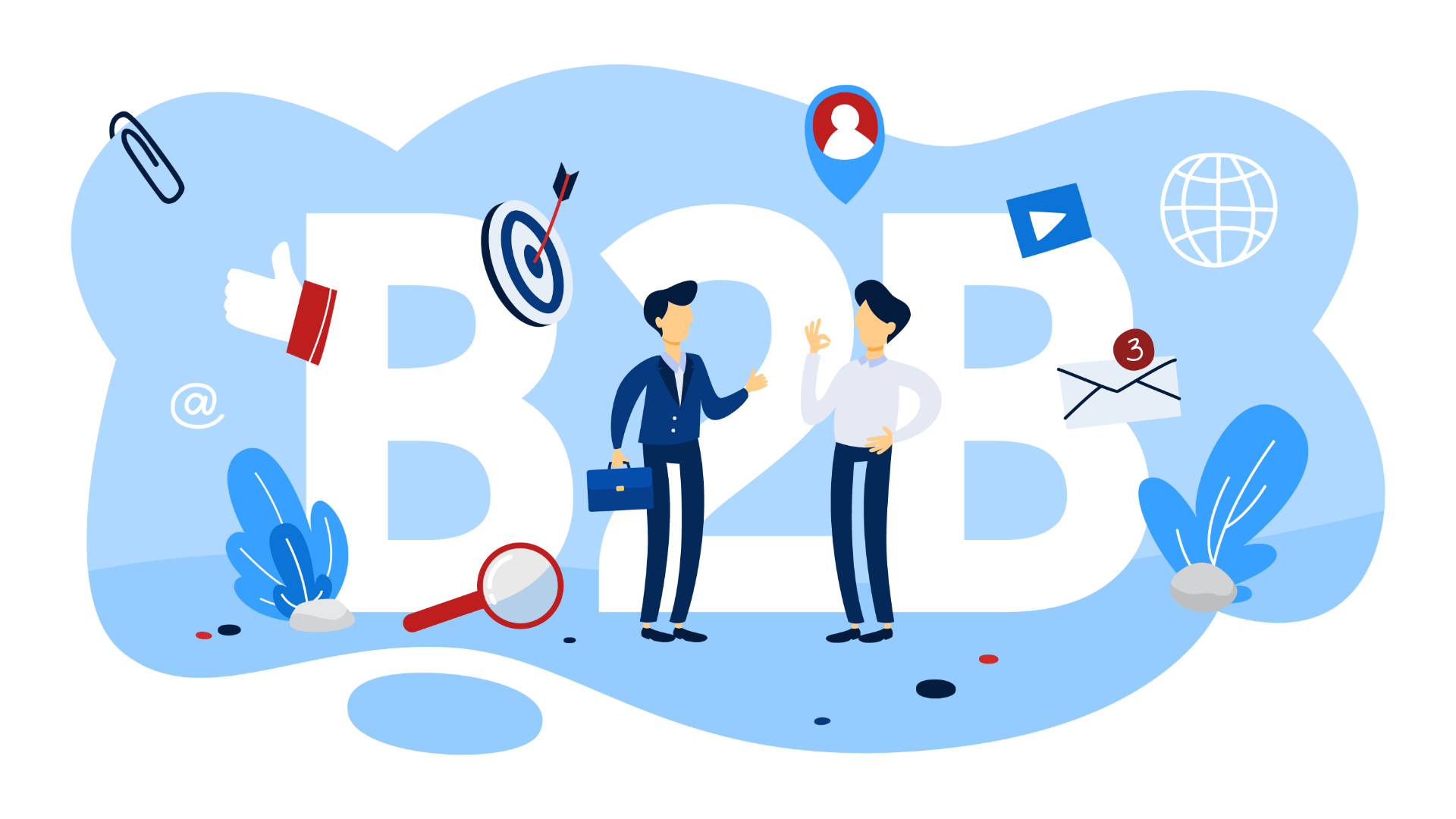In the dynamic landscape of business-to-business (B2B) marketing, adaptation to industry changes is crucial for digital marketing services aiming to stay competitive and effective. This article delves into the strategies and approaches that B2B digital marketing services employ to navigate and capitalize on evolving industry trends.
Understanding B2B Digital Marketing Services
B2B digital marketing services encompass a spectrum of strategies and tactics tailored to businesses selling products or services to other businesses. These services leverage digital channels such as search engines, social media platforms, email marketing, and content creation to attract, engage, and convert B2B customers.
Importance of Adaptation in B2B Digital Marketing Services
Adaptation is paramount in B2B digital marketing services due to the rapid pace of technological advancements, shifts in buyer behavior, and regulatory changes. By embracing and responding to these dynamics, B2B digital marketers can seize opportunities and maintain relevance in their target industries.
Agile Strategy Development
Successful adaptation begins with agile strategy development. B2B digital marketing services continuously monitor industry trends, customer insights, and competitor strategies to refine and adjust their marketing campaigns promptly. This proactive approach allows them to pivot strategies swiftly in response to market shifts and emerging opportunities.
Embracing Technological Innovations
Technological advancements drive many industry changes, making it essential for B2B digital marketing services to embrace innovations. They leverage advanced tools and platforms such as AI-driven analytics, marketing automation systems, and predictive modeling to optimize campaign performance, enhance targeting precision, and deliver personalized customer experiences.
Shift Towards Account-Based Marketing (ABM)
Industry changes often emphasize the shift towards account-based marketing (ABM) in B2B sectors. B2B digital marketing services adopt ABM strategies that prioritize personalized outreach and tailored content to key accounts. This approach fosters deeper client relationships, improves conversion rates, and aligns marketing efforts with the specific needs and challenges of target businesses.
Content Strategy Evolution
Content remains a cornerstone of B2B marketing, but its forms and formats evolve with industry changes. B2B digital marketing services adapt by creating and distributing content that addresses current industry challenges, showcases thought leadership, and resonates with target audiences across various stages of the buying journey.
Integration of Omnichannel Approach
An omnichannel approach is essential as B2B buyers engage across multiple digital touchpoints. B2B digital marketing services integrate channels seamlessly, ensuring consistent messaging and user experience across websites, social media platforms, email campaigns, and other digital channels. This cohesive approach enhances brand visibility, strengthens customer engagement, and supports lead nurturing efforts.
Compliance with Regulatory Changes
Industries frequently face regulatory changes that impact marketing practices. B2B digital marketing services stay compliant by monitoring regulatory updates, adapting strategies to adhere to new laws such as data privacy regulations (e.g., GDPR), and implementing ethical marketing practices that safeguard client data and maintain consumer trust.
Continuous Performance Monitoring
Adaptation in B2B digital marketing services requires continuous performance monitoring. They track key performance indicators (KPIs) such as lead generation metrics, conversion rates, customer acquisition costs, ROI (Return on Investment), and customer retention rates. By analyzing these metrics, B2B digital marketers gain valuable insights into campaign effectiveness, identify areas for improvement, and make data-driven decisions to optimize marketing strategies.
Conclusion
In conclusion, B2B digital marketing services play a pivotal role in adapting to industry changes through agile strategy development, technological innovations, ABM adoption, content strategy evolution, omnichannel integration, regulatory compliance, and continuous performance monitoring. By staying adaptable and responsive to evolving market dynamics, these services position B2B businesses for sustained growth, competitive advantage, and resilience in dynamic industries. Partnering with a proficient B2B digital marketing service provider empowers businesses to navigate industry changes effectively, capitalize on emerging opportunities, and achieve their marketing objectives in the ever-evolving digital landscape.
FAQs
What specific digital marketing strategies are effective for B2B businesses?
B2B digital marketing strategies that prove effective include content marketing tailored to industry pain points, targeted social media campaigns to engage decision-makers, SEO (Search Engine Optimization) for organic visibility, and personalized email marketing to nurture leads and maintain client relationships.
How can B2B digital marketing services help in generating qualified leads?
B2B digital marketing services employ various lead generation tactics such as content marketing to attract prospects with valuable information, PPC (Pay-Per-Click) advertising to target specific industries or demographics, and strategic SEO to enhance visibility in search engine results, all aimed at generating high-quality leads for B2B companies.
What role does data analytics play in B2B digital marketing services?
Data analytics is crucial for B2B digital marketing services as it provides insights into customer behavior, campaign performance, and ROI. By analyzing metrics such as website traffic patterns, conversion rates, and customer engagement, B2B marketers can refine their strategies, optimize marketing spend, and improve overall business outcomes.
